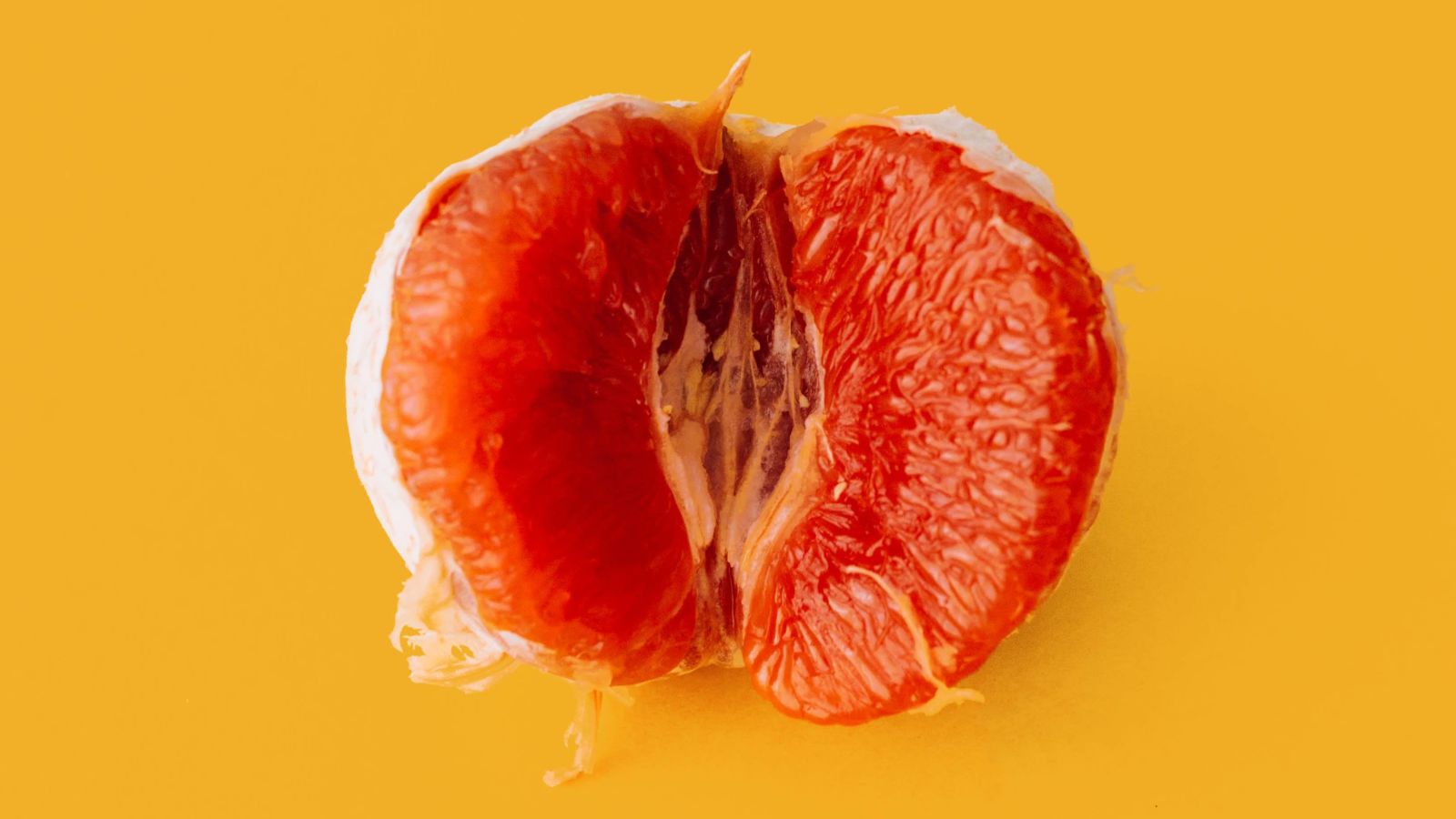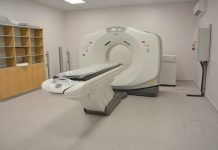HOW TO LOOK AFTER YOUR VAGINA AFTER CHILDBIRTH.
If you have just had a baby through vaginal delivery, give yourself and your vagina a huge round of applause! Your vagina and body has just had a big workout and now it’s time for recuperation and recovery.
You will naturally be sore and swollen in your private are and if you have had an intervention of some sort, you may have stitches from and episiotomy or tearing, have grazing the thought of touching and cleaning the area will be about as enticing as pouring lemon juice on a fresh wound. Sorry.
The condition of your vagina, perineum and rectum after childbirth depends a lot on your particular birth experience. So if you pushed out an 6kg baby and tore badly, you’re going to have a tougher recovery than if baby is smaller and your perineum stayed intact.
Expect lots of bleeding and some general soreness. Post partum bleeding can be compared to a heavy period and may last for a few weeks. Also no matter how long you pushed for, expect some swelling.
You can also expect small contractions and occasional gushes of blood, especially when you breastfeed. But don’t let this scare you out. It means your uterus shrinking back to its normal size. In addition, you may have some trouble defecating, and you’ll probably pee a few times on yourself. So be on guard.
If you have any stitches from tearing, expect them to first be sore and then a little itchy. Most stitches reabsorb in about three weeks. Later, you’ll have some scar tissue, but chances are you will probably never notice.
There are a few things you can do to help your stitches heal and reduce the swelling and pain:
It’s important to keep your stitches clean. This will reduce the chance of getting an infection. Change your sanitary pads frequently and wash your hands before and afterwards.
Whenever you go to the toilet, take a bowl of water to which you’ve added a little antiseptic recommended by your doctor. Pour it slowly over your stitches while you’re sitting on the toilet seat.
Once or twice daily, you can sit in a tub of warm water to which you have added antiseptic. The warm water will soothe the area and help with the swelling while the antiseptic will help keep germs and infections away.
A lot of Nigerian mothers in our forum recommend sitting on a bucket of hot water and dettol. The steam is thought to help you heal the wounds or stitches that you may have. Make sure you gently pat dry the area after. The drier the stitches remain, the faster they will heal. Some women also sit on hard stools to reduce the swelling.
As far as cleaning goes, gentle vaginal cleansing when you take a bath at least once daily and cleaning with clean water each time you use the toilet is what is required. Try to remember to do your pelvic floor exercises. Do them as soon as you can after the birth, and to keep on doing them. They will increase blood flow to the area and speed the healing process.
If you notice pain during bowel movements and feel swelling near your anus, you might have hemorrhoids i.e. stretched and swollen veins in the anus or lower rectum. To ease any discomfort while the hemorrhoids heal, take steps to keep your stools soft and regular. Eat foods high in fiber including fruits, vegetables and whole grains and drink plenty of water. Also talk to your doctor about any pain or discomfort you may be feeling.
The first few times you have to pass a stool, hold a clean wad of toilet paper against your perineum.
This will protect your stitches, and stop you feeling that your stitches are going to split (they won’t, by the way). If you’re suffering from constipation, ask your doctor for a mild laxative to soften your stools.
Contact your doctor straight away if your stitches become more painful or smelly. This could be the sign of an infection.

At this stage it is advisable to relax as much as is possible and not put pressure on your vaginal area by sitting for too long, laying down to feed your baby helps too. The less pressure the better.
This article on how to look after your vagina after childbirth was written by:
Studied Clinical psychology at University of Lagos, Lagos, Nigeria























